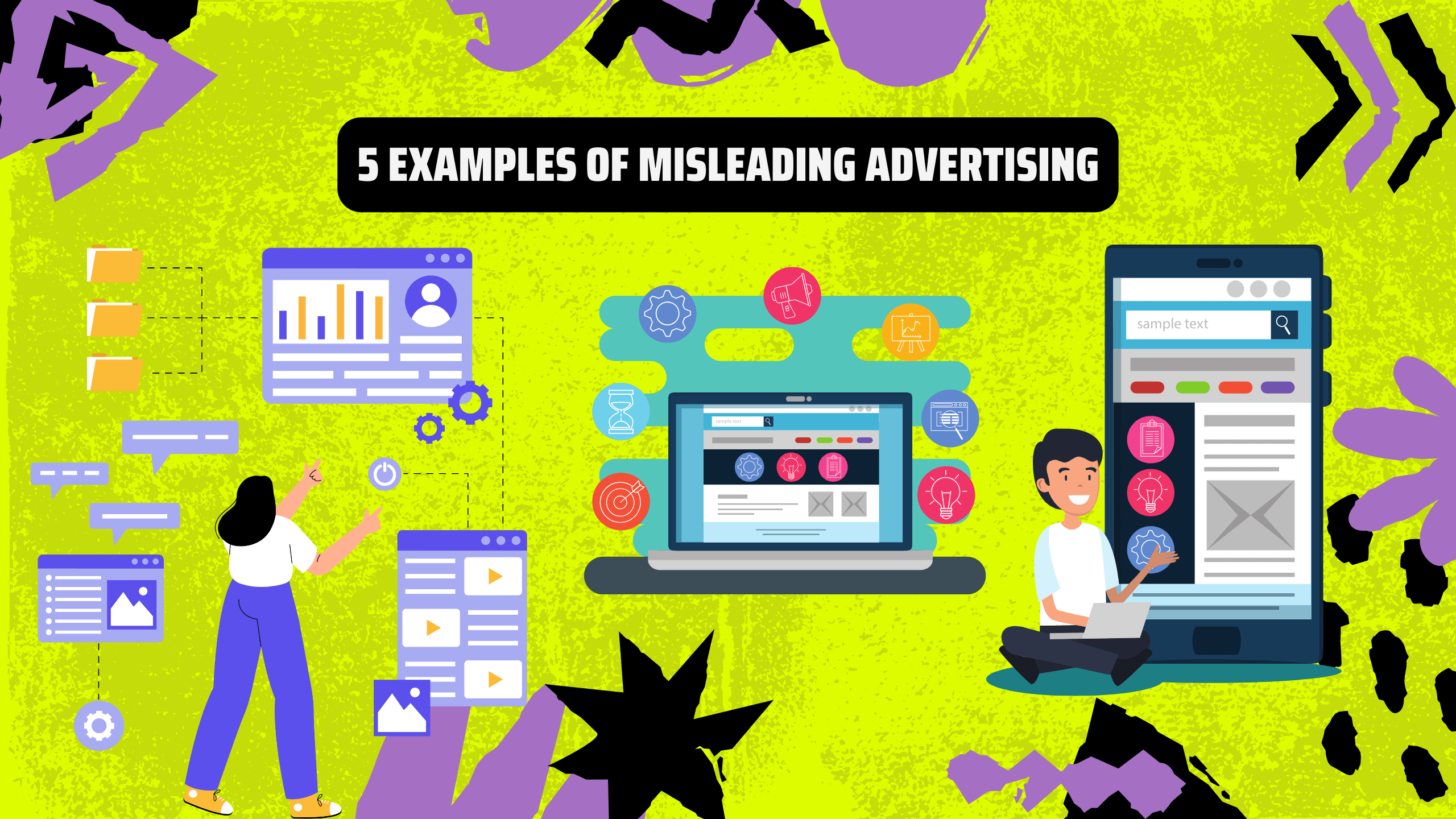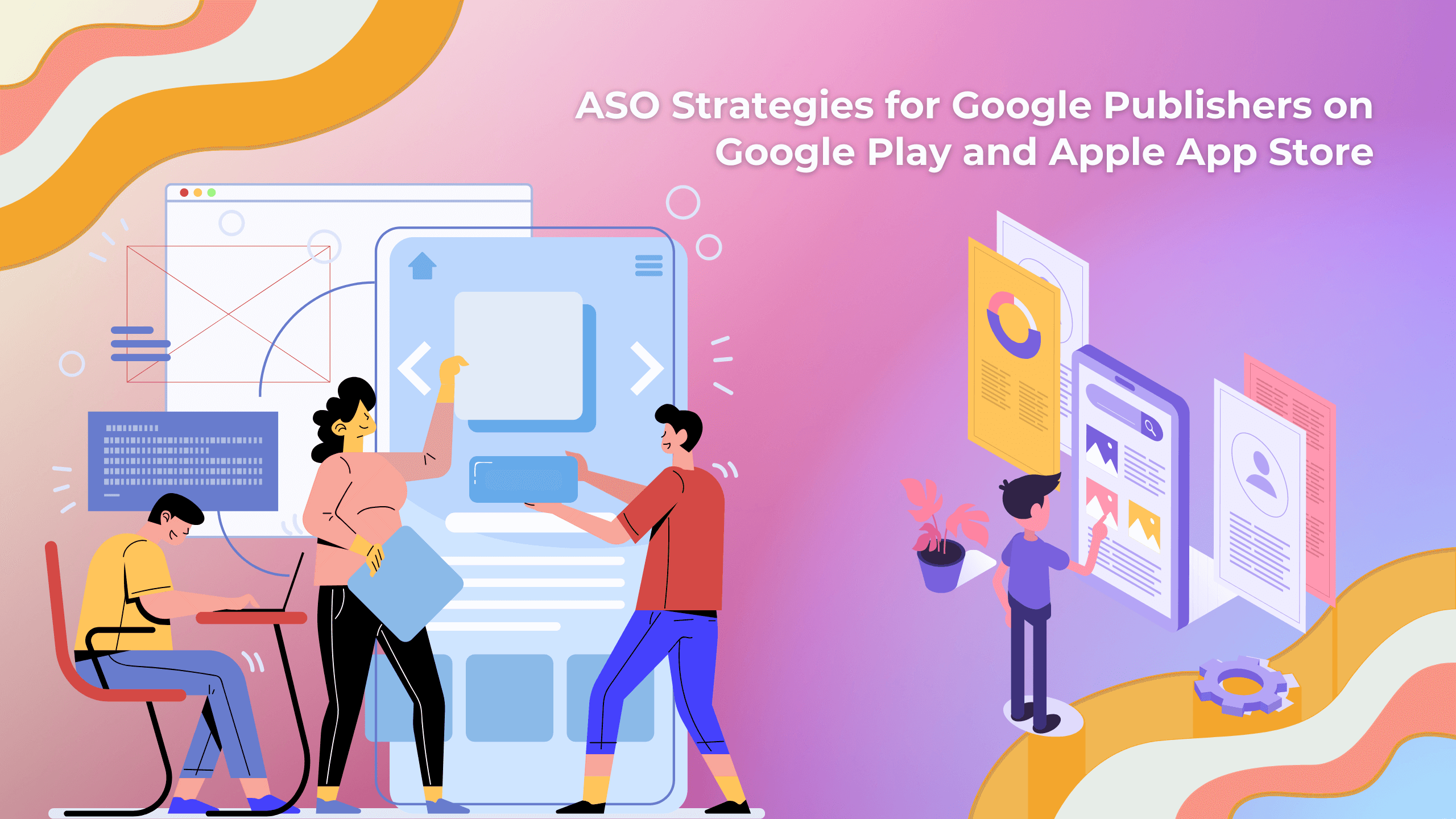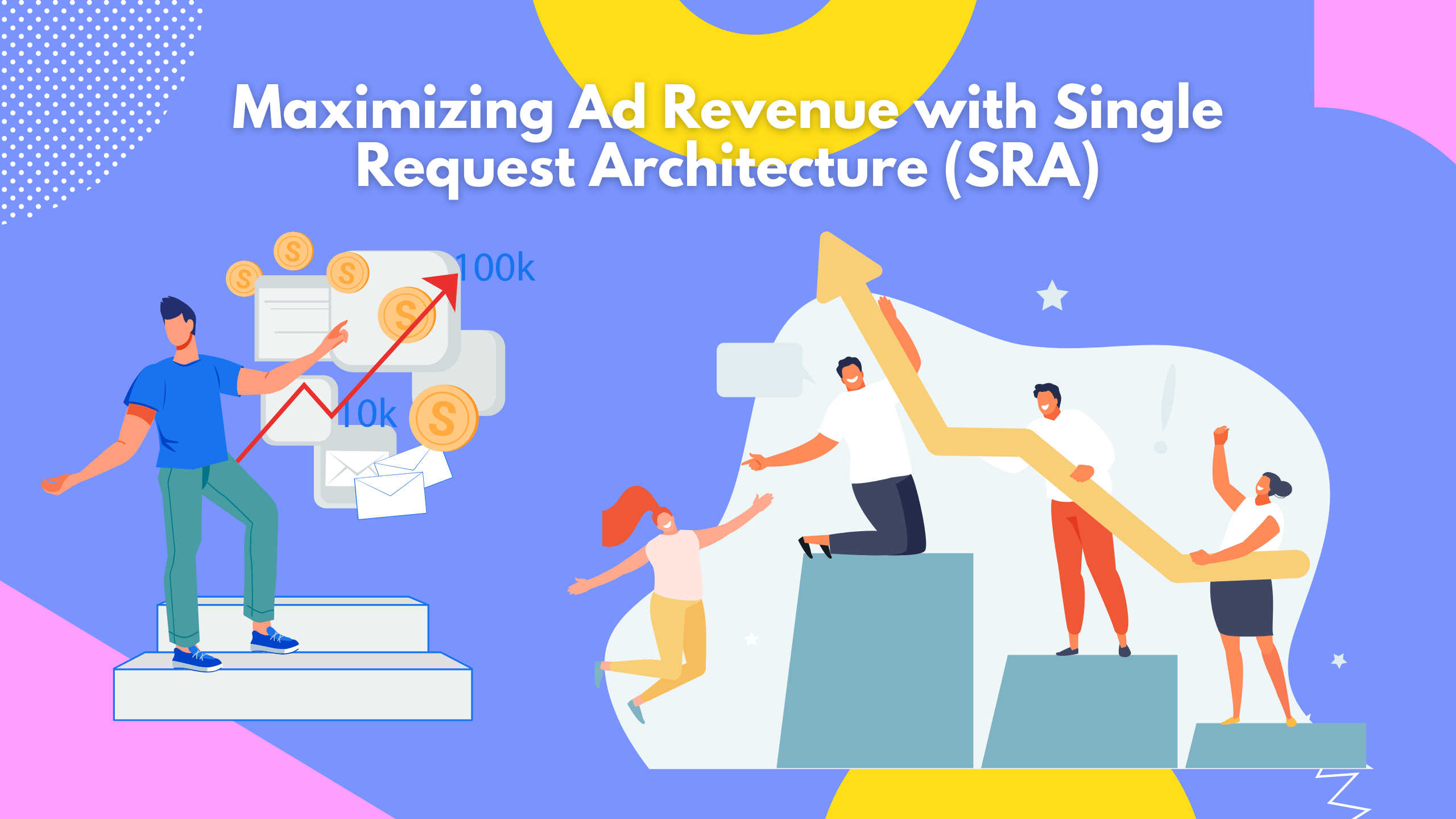Location-based marketing has become a potent tool for both publishers and advertisers in today’s data-driven marketing environment. Through the utilization of mobile devices abundant location data, advertisers are able to present users with highly relevant and targeted adverts that are based on their actual location. This strategy improves the user experience by presenting users with adverts that are customized to their individual requirements and interests, while simultaneously raising the possibility of conversions.
Location-based advertising is essential to Google Publishers’ efforts to maximize the value of their ad inventory. Publishers can draw in more advertisers, charge more for their advertising, and make more money overall by allowing advertisers to tailor adverts according to the user’s location. Consequently, this enhances the diversity and competitiveness of the advertising environment.
The Rise of Location-Based Advertising
Location-based advertising has been on the rise due to the widespread use of smartphones and mobile internet. Because smartphones are always online, they provide a steady supply of location data that may be used for customized advertising. The user’s present location as well as past location trends and even their closeness to particular sites of interest are all included in this data.
Location-based advertising is becoming more and more valuable to advertisers since it enables them to reach customers at the most convenient times with highly relevant messaging. A travel agency might target advertisements to users who are viewing travel-related websites or who have recently looked for travel destinations, whereas a chain of coffee shops might focus ads on people who are close to their locations.

Benefits of Location-Based Advertising for Google Publishers
Location-based advertising offers a multitude of benefits for Google Publishers, including:
- Increased Ad Revenue: Publishers may draw in a wider spectrum of advertisers and earn higher ad prices by offering targeted advertising solutions, which increases revenue.
- Enhanced User Experience: By delivering more relevant ads to consumers, location-based advertising enables publishers to enhance user experience overall and may even boost engagement and loyalty.
- Competitive Advantage: Publishers can obtain a competitive edge in the digital advertising market by utilizing location data and providing tailored advertising solutions.
- Diversified Ad Revenue Streams: By giving publishers more possibilities for advertising, location-based advertising helps them become less dependent on conventional advertising strategies and diversify their sources of income.
How to Implement Location-Based Advertising as a Google Publisher
Google Publishers can integrate location-based advertising into their monetization strategies through various methods:
- Google AdSense: Advertisers can target visitors based on their location by enabling location-based targeting for AdSense advertising through publishers.
- Google AdMob: AdMob provides mobile app publishers with location-based ad targeting features that let advertisers target consumers based on where they are and how they use their apps.
- Google DoubleClick for Publishers (DFP): DFP gives publishers sophisticated management and optimization tools for location-based advertising campaigns, giving them full control over targeting specifications and cost.
- Third-party Ad Networks: Publishers can access a larger pool of advertisers and more targeting choices by collaborating with outside ad networks that specialize in location-based advertising.

Real-World Examples of Location-Based Advertising
Numerous companies are successfully leveraging location-based advertising to reach their target audience and achieve their marketing goals. Here are a few examples:
Retail:
Retailers are embracing location-based advertising to reach customers who are physically close to their stores. By targeting ads to users based on their real-time location, retailers can promote special offers, in-store events, or new product launches to individuals who are most likely to be interested and visit their stores. This targeted approach can significantly enhance the effectiveness of retail advertising campaigns, driving foot traffic and boosting sales.
Restaurants:
In the competitive restaurant industry, location-based advertising has emerged as a valuable tool for attracting new customers and increasing patronage. By targeting ads to users who are searching for nearby restaurants or are physically close to their establishments, restaurants can showcase their menus, promote special deals, or highlight their unique offerings. This targeted approach can effectively capture the attention of potential diners and entice them to visit the restaurant.
Travel:
The travel industry is a natural fit for location-based advertising. Travel companies can leverage location data to target ads to users who are actively planning or considering travel. By targeting ads to users who are browsing travel-related websites or have recently searched for travel destinations, travel companies can promote specific travel packages, deals, or destinations that align with the user’s interests. This targeted approach can effectively capture the attention of potential travellers and drive bookings.

Entertainment:
Entertainment venues are using location-based advertising to reach potential attendees who are in close proximity to their venues. By targeting ads to users who are near their physical locations, entertainment venues can promote upcoming events, shows, or concerts. This targeted approach can effectively inform potential attendees about nearby entertainment options and encourage them to purchase tickets or attend events.
Conclusion
Location-based advertising has become an indispensable tool for advertisers and publishers alike, offering a powerful way to reach users with highly relevant and timely messages. For Google Publishers, location-based advertising presents a significant opportunity to maximize the value of their ad inventory, attract a wider range of advertisers, and drive increased revenue. By effectively implementing location-based advertising strategies, Google Publishers can stay ahead of the curve in the ever-evolving digital marketing landscape.










